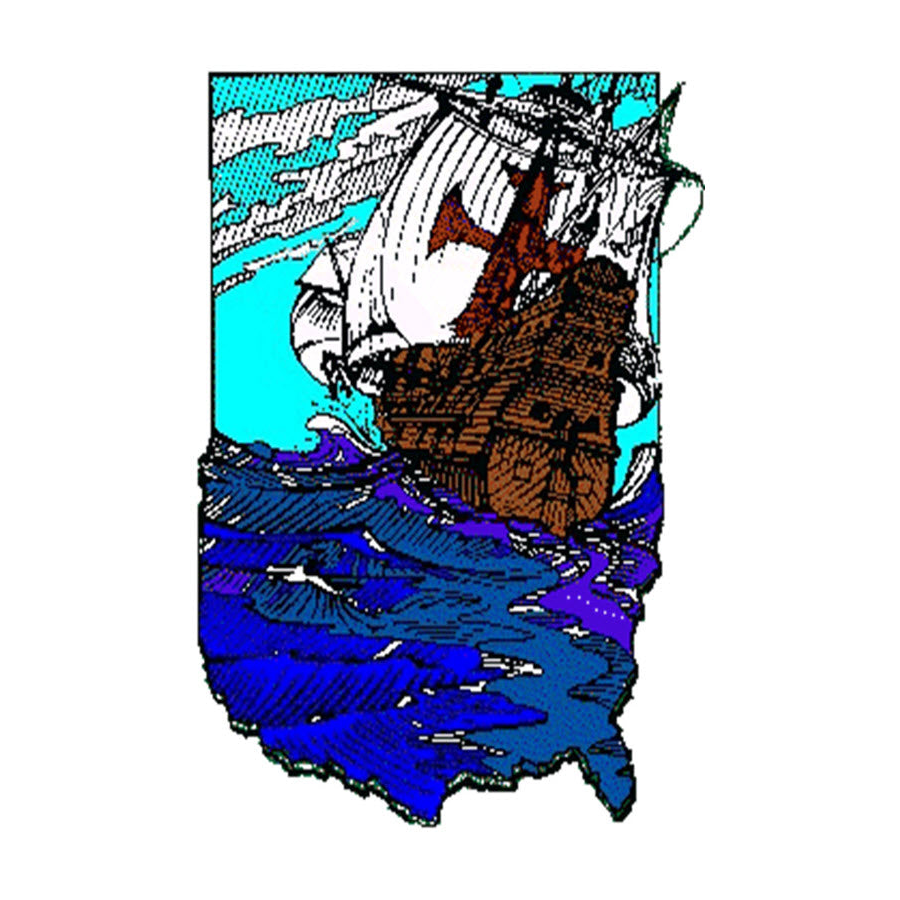Save Me One Apple: The Life and Letters of Captain Henry Roach (1834-1863), Company K, 21st Virginia Infantry
Couldn't load pickup availability
Among the thousands of soldiers milling around Virginia in 1861 was a private named Henry Roach. Henry was 27 years old when he enlisted on 21 May 1861 in Meherrin, Prince Edward County, Virginia. The "Meherrin Greys" became Company K of the 21st Virginia Infantry. He advanced to sergeant 12 November 1861, to lieutenant 21 April 1862, and to captain 20 April 1863. He fought in many of the battles of the Virginia campaigns, including Kernstown, Cedar Mountain, 2nd Manassas, Sharpsburg, Chancellorsville, and Gettysburg. He was wounded slightly at Chancellorsville, and killed in a skirmish 26 October 1863 near Brandy Station, in the Mine Run campaign. Through the lens of his letters and other surviving documents, we are brought behind the eyes and into the feelings of the many, many soldiers he typifies. He wrote these letters to Sue Browning, of Appomattox. She was his cousin, and in the course of their correspondence, they become engaged. What we know directly of Henry comes from the 51 letters Sue saved for the rest of her life. In 1868, Sue married Samuel Harvey, who had served in the 18th Virginia Infantry, Company H (Henry Roach's brothers Billy and Elijah served in Company K of the 18th). After the war, the Harveys moved to western Virginia with other members of the extended Browning family. Samuel died in 1921, and Sue some time before 1930.
Henry was never faced with surrender, but the course of his letters show him reluctantly becoming aware of the ultimate futility of the cause. The fall of the South overturned not just a physical world. The soldiers who survived had to come to terms with the failure of an order which all their faith and moral certainty told them must triumph. Henry looked beyond the fate of his own company to the greater meaning of events. His faith faltered at times but he steadied it, he grew to be "if not a Christian, a better man.' Henry's tragedy, like that of so many soldiers in so many wars, was that he had so little time to make use of the lessons he learned.
Indeed, Henry is a valuable resource for examining the common pool of imagery. What might at first glance be taken for one man's attempt at poetic expression, when compared to other soldiers' use of the same idiom and image, shows how people of his time and place agreed to express these common ideas. Henry's letters serve as a check mechanism for which motifs were unique to a given soldier and which were part of the common lot, the common formula. A later section of this work compares statements in Henry's correspondence to similar strains in other soldiers' writings, to show how the time and the culture agreed to express various thoughts. Henry is a palatable type example of the ordinary Virginian soldier. We are by him as he was by whiskey: he was not hard to take.
Karen Wagner Treacy
2012, 8" x 10", paper, iv+ 147 pp.
107-SMOA
